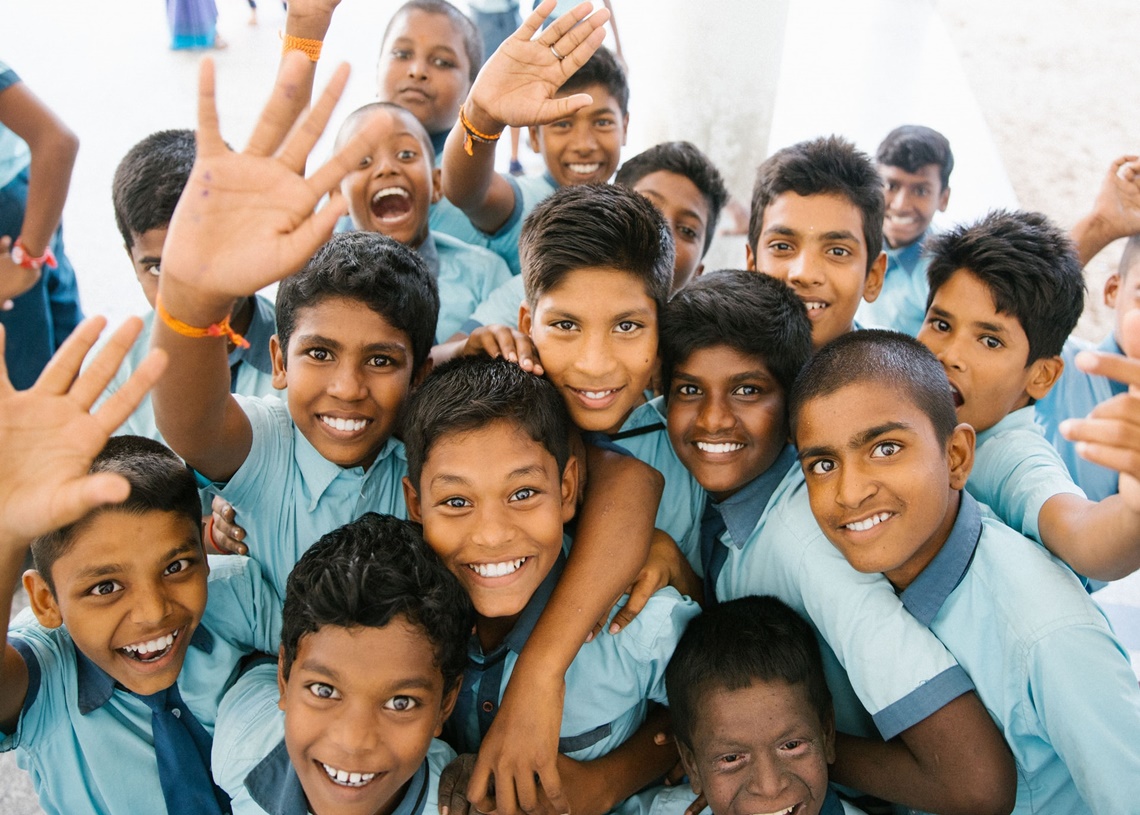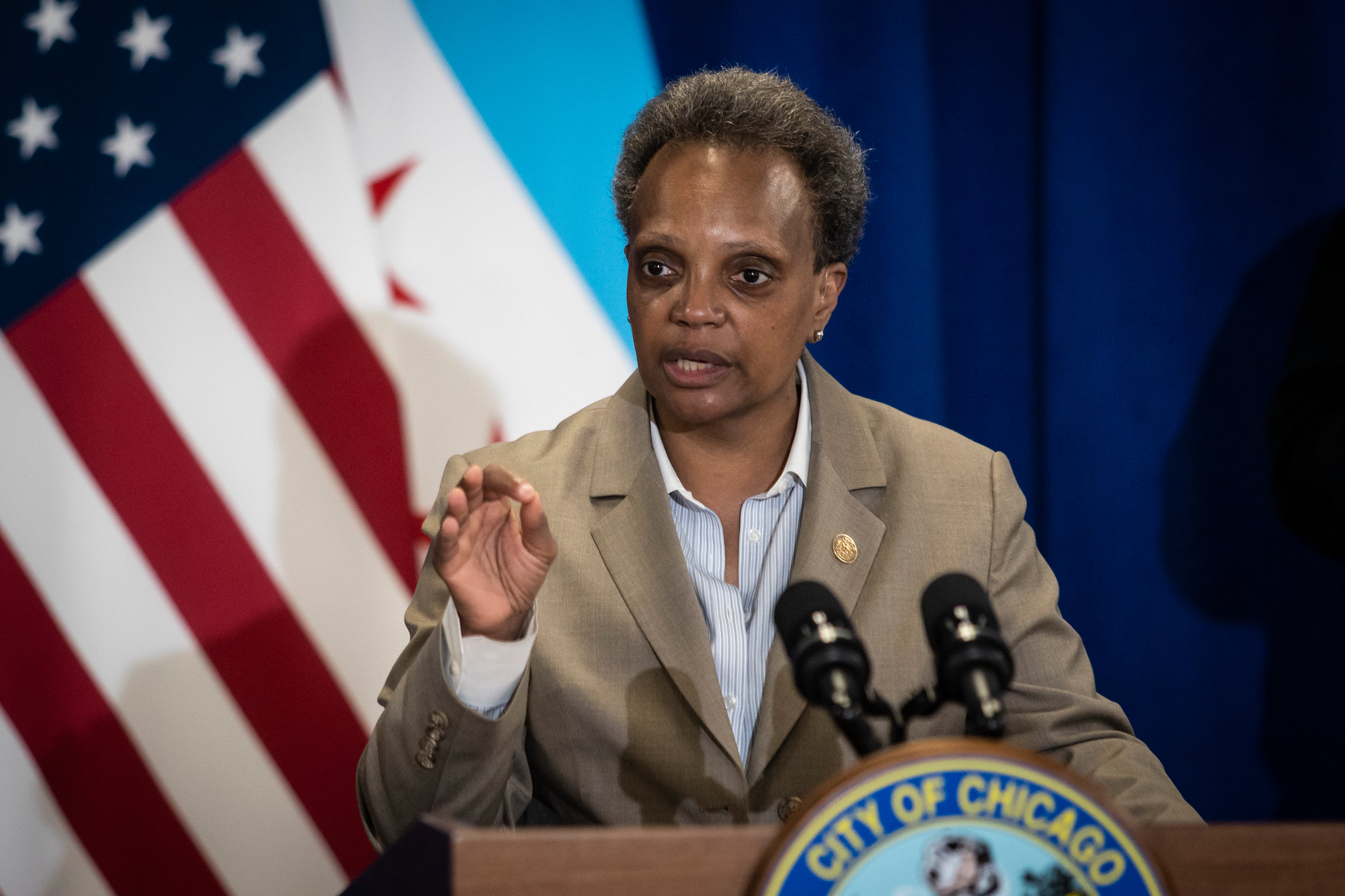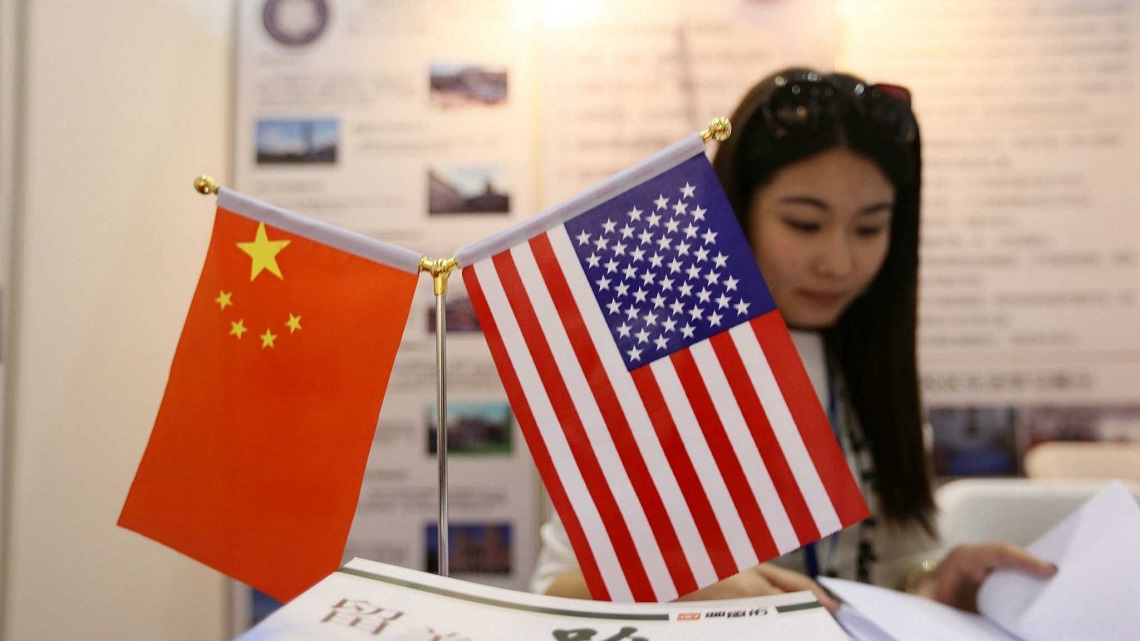Anurag Tiwari, the son of a low-income group Indian farmer who bagged a whopping 98.2 percent in his CBSE 12th exam, is an inspiring story of how India’s dark horses turn their dream into reality in a corruption-ridden education system.
Education inclusivity ensures that each student has an equal opportunity for academic progress, regardless of their background, ethnicity, race, or gender. It remains a challenge even in this seemingly progressive world. Every child needs a chance to thrive; however, more often than not, disability is often associated with incompetence.
With every phenomenal success, we step closer to our goal not only for one locality but a network of rural outreaches. The end goal of education inclusivity involves more than 72 million children of primary education age not in school ( not to mention 759 million illiterate adults). Yes, tough but not impossible with geometric progression through blockchain technology.
Why India’s education system calls for an overhaul
Hailing from a small village, with little financial and parental support, Anurag could have been easily shot down as an underachiever in life. After all, India’s education system is one of the most restrictive environments in the world where social or economic disability is often posited as the reason for the apparent achievement gap.
The academic curriculum was already outdated for children with disabilities or ones having no means of connectivity or access to electronic media. The education inclusivity took a further beating with the emergence of COVID-19, which only caused this gap to broaden as children from rural parts of the country, which constitutes over 90 percent of India, was left with no education for months.
However, Anurag’s success story defies the odds and reinstates belief in the concept of education inclusivity and explains why good quality education should know no boundaries. Despite the socio and economic hurdles, Anurag has managed to bag admittance into the crème de la crème of universities.
Meet Anurag Tiwari who battled against all odds
Cornell University, an Ivy League research university from New York ranking number 14 in the world’s top universities, welcomed this small-town boy with full sponsorship. Coming from a family of a small-time farmer who earns barely enough to support his family’s needs, Anurag still managed to turn his dream of becoming the first person from his village to step foot outside the country into reality.
The humanities student beamed with pride when revealing his score – 100 in history and economics, 99 in political science, 97 in English, and 95 in Maths.
However, achieving these remarkable results was no walk in the park. Anurag’s biggest support came in the form of VidyaGyan Academy, a foundation with an aim to spearhead accelerated efforts towards promoting education inclusivity by identifying and nurturing underrepresented talent from low-income families. As young Anurag recalls it,
Most students in my village showed little to no interest in studies. I knew my aspirations wouldn’t take shape if I continue to live the life I am living. VidyaGyan truly changed my perspective on education. My new peers had a focussed approach to the learning process, which gave me a vision and a plan to implement and succeed.
A vision, a goal, and a plan: Anurag set his own course
While most kids of his age procrastinate a lot when studying and finally end up losing track of the schedule, Anurag had a fixed schedule for the day, Anurag had a well-drafted study plan for the entire day. He split the comprehensive academic curriculum into bite-sized chunks, leaving him with plenty of time for revision, recreation and a much-needed room for flexibility.
Right from Class 11th, Anurag had set eyes on cracking the Scholastic Assessment Test (SAT), the much-dreaded standardized entrance exam for gaining admission into US universities. To clear that, Anurag had to polish his English verbal skills, besides working hard on the critical assessment criteria.
Having achieved a phenomenal score of 1370, which is over 90th percentile, Anurag swears by his English teacher and other senior counselors who mentored and kept him motivated at every step of the process. He exclusively mentions his Economics teacher, who helped him build interest in the subject by highlighting trending economic matters and world issues.
I envision being an Economist in the future and do my bit for the country. It would give me a chance to show the people that even an ordinary person like me can contribute to the country’s progress.
Education: An equal opportunity for all?
Anurag’s earnest aspirations and his support system’s belief in him brings us back to the vital talking point – the importance of education inclusivity and how hundreds of underprivileged yet deserving students don’t get the chance at success as easily as their privileged peers do.
A world-class education can change someone’s perspective towards life for better. Anurag was one of the very few fortunate students to have received the support of institutions like VidyaGyan Academy to put him on a path that he couldn’t have imagined before. But what can be done to break the ceaseless cycle of poverty and bring international standard education to every student?
Mitch Rankin, the co-founder of English Forward, wrote in one of his recent articles that without access to education, young minds would not be nourished and fall victim to burdens that no child should bear – like child labor, child marriage or forceful exposure to life-threatening activities.
If education inclusivity is the problem, blockchain is the solution
Thus, we call for a more holistic approach through upcoming technologies like blockchain to promote education inclusivity by overcoming digital and knowledge divides. This way, we can harness technologies for social good and promote lifelong opportunities for everyone in the ecosystem.
Much like VidyaGyan Academy, which gauged Anurag’s capabilities accurately and gave it the direction it needed, English Forward, too, is making great strides in tokenizing learning with blockchain. It envisions a world where at least 20 percent of the world’s population achieves English language fluency to make the most of the available information on the internet. And that’s a huge step forward for education inclusivity.
Major projects in the rural areas can succeed only when a large number of teachers are trained and motivated to use the new technology where the goal is to make them earn tokens for their contribution to the ecosystem. Achieving this vision, along with a focus on rugged, low-cost equipment, systems, and data designed for sustainable use in the local environment is very important to serve rural learners.
Blockchain technology can be a great advantage in lower costs, storing, and keeping student records and incentivizing learning.
The potential of blockchain technology in solving a number of problems in developing countries poses such a credible use case that it is hard to dismiss as something that is irrelevant for the current changing economic and global landscape. – Mitch Rankin







